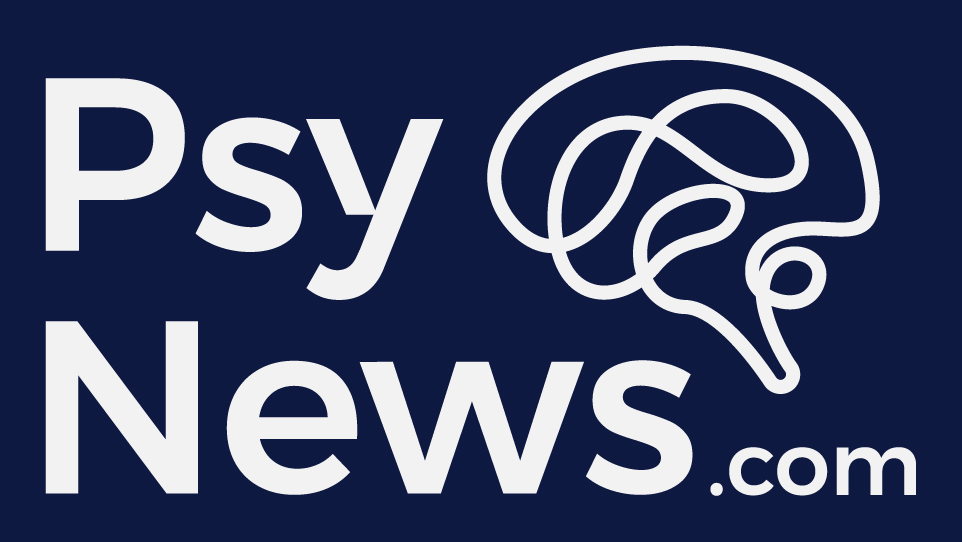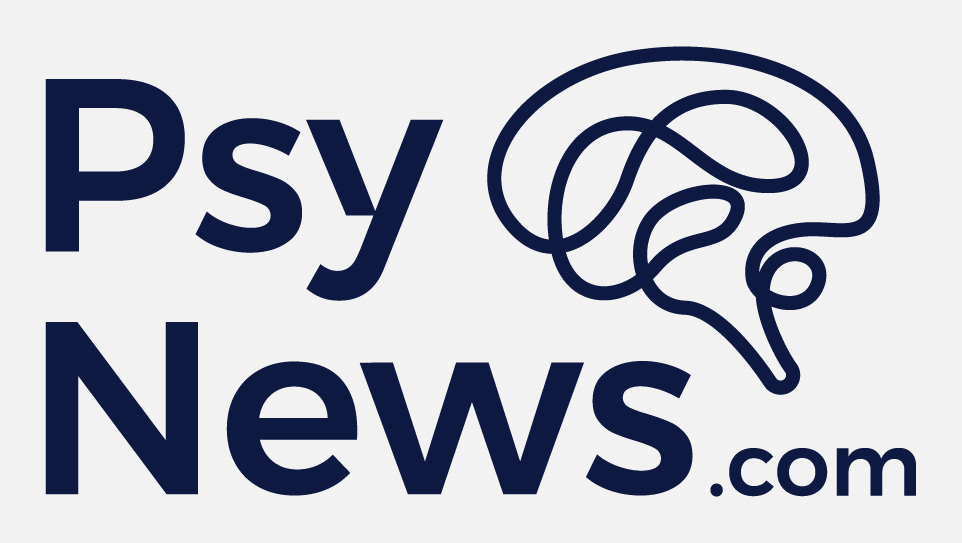
Curious to learn how and why the psychedelic medicine industry is estimated to be incredibly lucrative? Get your FREE ticket to our virtual Psychedelic Capital event!
In the quest to heal the mental health epidemic plaguing the globe, society has begun turning to previously prohibited and taboo substances, such as cannabis and psychedelic medicine. While the modern Coronavirus pandemic has highlighted serious shortcomings in our approach towards treating mental illness, humanity’s quest for more efficacious treatments began well before COVID-19 made its unfortunate debut. While psychedelic medicine is being touted as a panacea of sorts in the treatment of everything from addiction and treatment-resistant depression to end-of-life anxiety, it is worth noting that medical cannabis also once held a similar promise. How do the two compare in their potential to address mental illness? This guide will explore a few key similarities and differences between psychedelics and cannabis in their ability to address global mental health concerns.
Medical Cannabis Has Paved the Way for Psychedelic Medicine Progress
When it comes to the incredible progress plant medicines have made in recent years, it is undeniable that cannabis helped blaze the trail forward. It was the dedicated, grassroots effort put forth by activists, such as NORML (National Organization for the Reform of Marijuana Laws) that finally helped bring cannabis out of the shadows of prohibition and into a therapeutic light. Similar to cannabis, the effects of prohibition also stymied research into psychedelic compounds for almost 50 years. Thankfully, the perseverance and dedicated efforts of cannabis activists ultimately laid the groundwork for the advancement of psychedelic science and research as well. As the majority of Americans, and the world at large, are readily embracing cannabis after years of prohibition, the same cultural attitude shift is now underway for psychedelics, such as psilocybin (the active ingredient in magic mushrooms).
Not only did bringing cannabis out of the shadows dissolve its cultural taboo, it also helped establish the necessary regulatory framework that psychedelic medicine is now utilizing. Finally, the modern revival of important psychedelic science and research also comes on the heels of scientists finally being able to study cannabis in a professional and academic setting. While such progress has been incredibly beneficial to cannabis and psychedelics alike, there are some key differences when considering them as potential mental health treatments.
The Relationship Between Cannabis and Mental Health is Complicated
As cannabis continues to shift out of the shadows and into mainstream society, it is consistently proclaimed to be a “cure all” for everything from depression and anxiety to PTSD, addiction and other serious mental health concerns. While the media hype and myriad patient testimonials claiming the benefits of cannabis are certainly compelling, the fact of the matter is very little clinical trial data supports these claims. In fact, some of the studies that do exist actually lean towards the conclusion that consuming cannabis can actually worsen depressive symptoms. Furthermore, the sheer complexity of the cannabis plant makes narrowing down its therapeutic applications even more tricky. For instance, THC, the primary psychoactive component in cannabis, has been known to induce feelings of paranoia and anxiety in some users.
Conversely, CBD, another major cannabinoid that is not psychoactive, is shown to have anxiolytic, antipsychotic and even anti-seizure effects. These are only two of hundreds of compounds contained in Cannabis Sativa, including cannabinoids, terpenoids, flavonoids, and esters. Each plant has its own unique ratio of these compounds, making the standardization of cannabis very difficult in our current paradigm for drug development. Compounding onto this confusion is the fact that our general understanding of the endocannabinoid system is very limited and still not a staple in medical school curriculums. This combination of quantum complexity on a molecular level exhibited by cannabis, in addition to our limited understanding of how it exactly works in our body is likely the reason cannabis therapeutics have fallen short of their clinical promise.
It is in this particular area that psychedelic medicine shows much greater promise as a robust mental health medicine compared to cannabis.
Psychedelic Medicine Has Established Clinical Efficacy in Treating Mental Illness
One of the most promising aspects of psychedelics is their ability to radically treat mental illness. Unlike cannabis, drugs like psilocybin (the active ingredient in magic mushrooms) have documented clinical efficacy in the treatment of serious mental health conditions, including treatment resistant depression, addiction and end of life anxiety. Another profound advantage psychedelic medicine has over cannabis is their ability to induce lasting positive changes after only one experience. One study found that a single dose of psilocybin was associated with increased mindfulness three months later. Additionally, the landmark clinical trials being conducted by MAPS investigating MDMA as a therapy for PTSD have shown remarkable results and is likely to be one of the first psychedelic medicines, along with psilocybin, to enter mainstream society due to the FDA granting them the coveted “breakthrough therapy” status.
Combining Psychedelics With Psychotherapy is the Future of Mental Health Treatment
Perhaps one of the biggest differences between psychedelic therapy conducted in a clinical or retreat setting and the personal, free-range use of cannabis is the element of psychotherapy. Not only is cannabis an incredibly complex plant medicine we don’t fully understand, patients are usually left in the dark about which products to use, how to use them, how often to dose, and other important factors. On the contrary, psychedelic assisted therapy is on the rise and programs that offer training for psychedelic therapists are becoming increasingly common. The psychotherapy element of psychedelic assisted therapy is proving to be an incredibly promising and beneficial component to this healing modality. Such programs are already under way at guided ketamine clinics, such as the ones opened by Field Trip Health. As more psychedelic drugs enter the therapeutic toolkit, training therapists in how to help patients navigate the experience is critical and a unique facet of psychedelic medicine that is not prevalent in the cannabis industry.
Neuroscience Research Suggests Psychedelics Are Superior to Other Treatment Modalities
The revival of psychedelic science and research has uncovered substantial benefits of their therapeutic power in the treatment of mental illness. For instance, a recent and very notable study by Johns Hopkins found that psilocybin may treat depression four times more effectively than antidepressants, such as SSRI’s. Even more fascinating is that, unlike traditional antidepressants that shield the user from negative emotions, psilocybin offers more of an “exposure therapy” style of problem solving. A quote from the study summarizes this point well:
“Psilocybin with psychological support was associated with increased amygdala responses to emotional stimuli, an opposite effect to previous findings with SSRIs. This suggests fundamental differences in these treatments’ therapeutic actions, with SSRIs mitigating negative emotions and psilocybin allowing patients to confront and work through them.”
Similarly, the potential for cannabis to help users temporarily “escape” their negative emotions instead of facing them, makes it a less effective treatment than psychedelic medicine. While cannabis manages symptoms and often requires daily dosing, psychedelics have been shown to have lasting benefits after just one session. An intriguing article from New Atlas provides strong support for the lasting benefits of psilocybin below:
A new study is offering the first long-term insights into the efficacy of the treatment, revealing a single dose of psilocybin, in conjunction with psychotherapy, is still offering persistently positive effects up to five years later.
Closing Thoughts
In previous psychedelics vs. cannabis explorations, we looked at the clinical landscape of each drug as a research focal point. Indeed, both drugs were found to have tons of untapped research potential, particularly in the realm of neuroscience. Cannabis remains one of the most curious neurological discovery catalysts due to the brain’s endocannabinoid system, which allows scientists to see how many different cannabinoid receptors are bonded to, and how that activity changes under different conditions. Likewise, psychedelics originally captured psychiatric and neuro-focused interest pre-prohibition in the U.S., and it seems they are returning to that status.
However, the extent to which they are used to treat mental illness is hardly comparable. It seems that mental health symptoms – such as situational anxiety and immense stress – can be alleviated quite well by cannabis. Again, the scientific community cites cannabinoids besides THC, such as CBD, to be central in these therapeutic roles. But when it comes to mental health etiology – coping with the death of a loved one, dealing with internal conflict – psychedelics are much more effective as therapeutic agents. They have an inherent confrontational “one and done” style of healing, but for the same reason, can be the “shaking of the snow globe” so desperately needed when folks are deep in depression. However, we must acknowledge that psychedelics run the gamut of inducing terrifying trips for unprepared or unfortunately provoked individuals – and this is hardly the case with cannabis. Both have their place in the world, and perhaps play an especially interesting role when combined – but we’ll save that discussion for later!
The post Psychedelics Versus Cannabis: Exploring their Impact on Treating Mental Illness appeared first on Microdose Psychedelic Insights.













